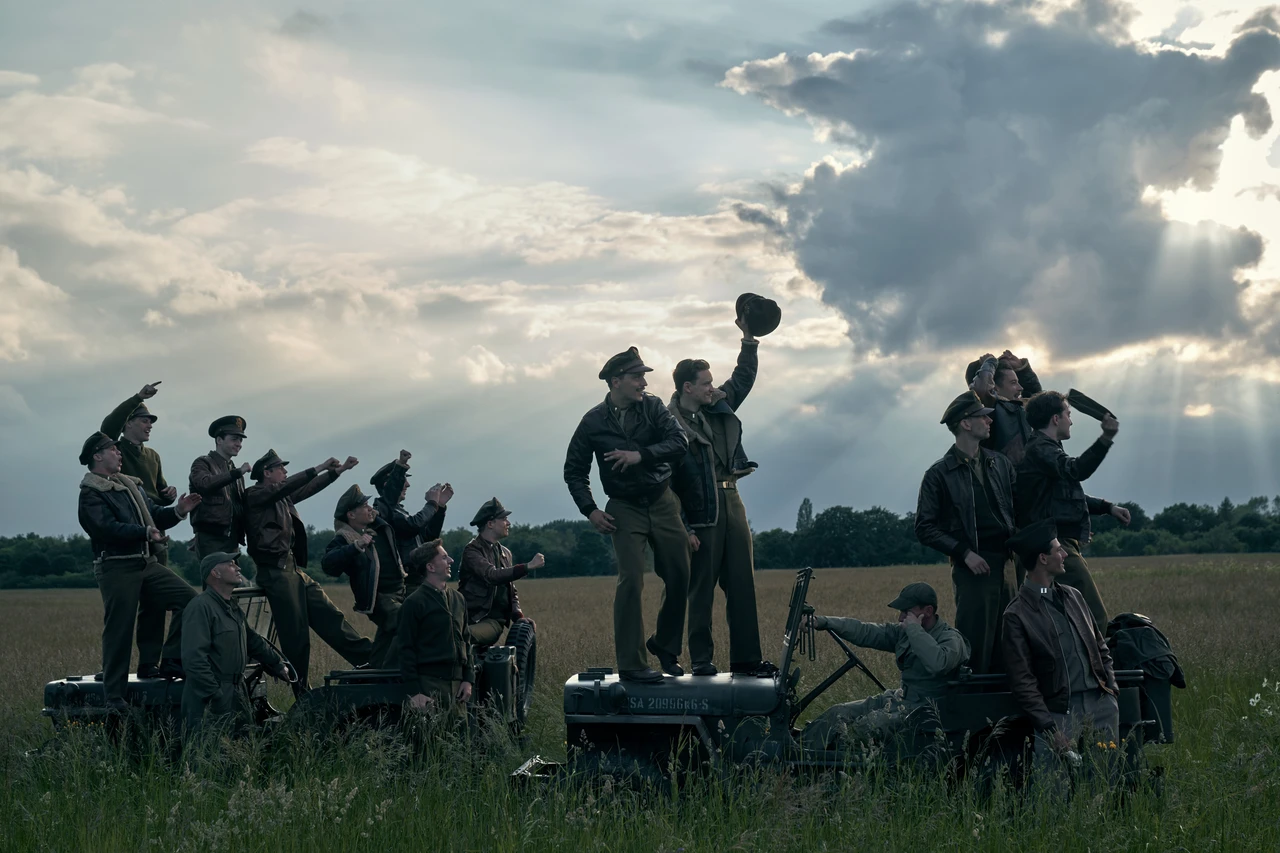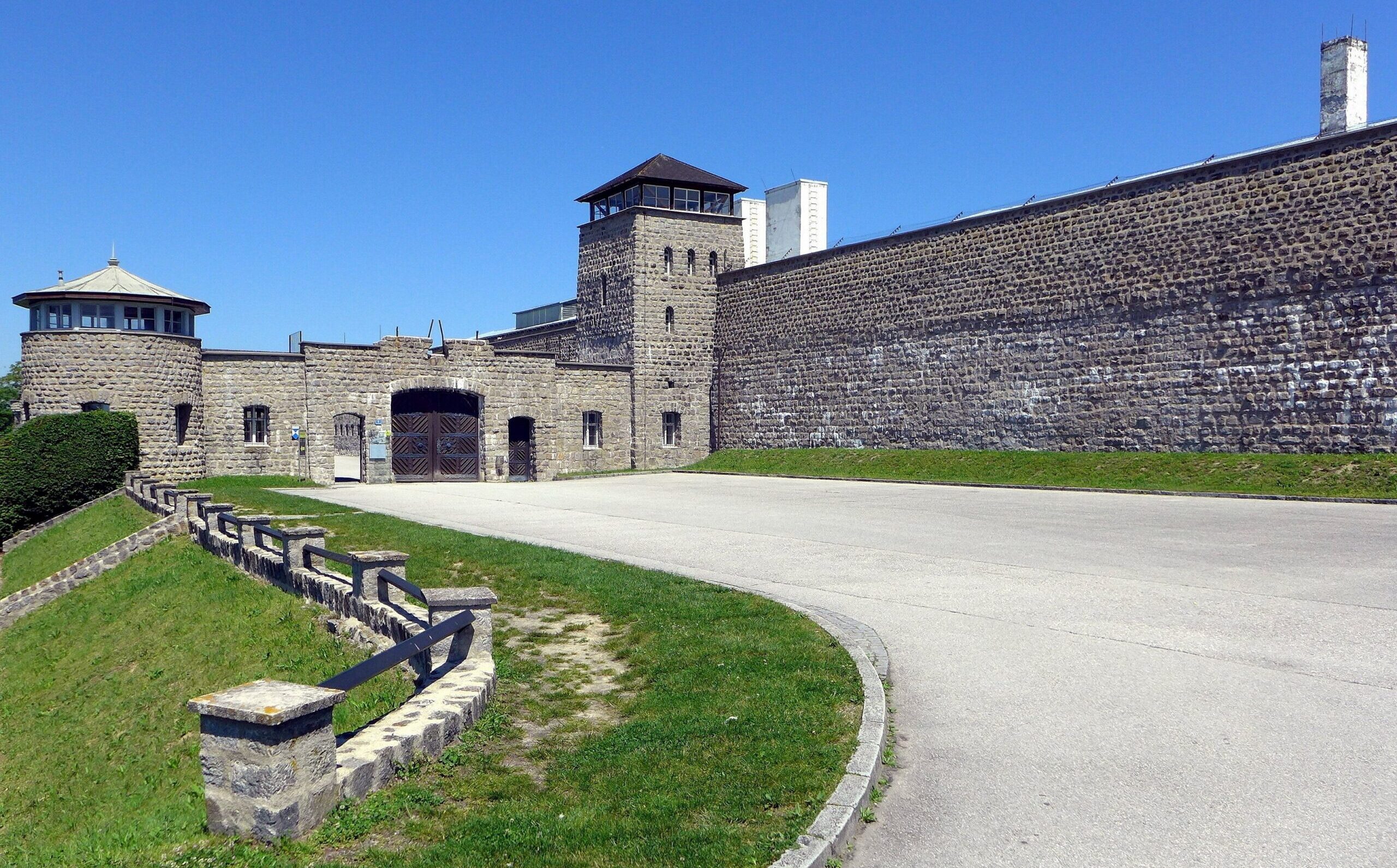With the release of the new ‘Masters of the Air’ series on Apple TV, the Foundation, LRE UK and partners have created a new Liberation Route Europe themed walk in Norfolk, East Anglia. It will be of no surprise to those who have been eagerly awaiting the series, that this new 6km (4 miles) Themed Route focuses on Thorpe Abbots, or Station 139 as it was designated by the United States Army Air Force. The trail provides an opportunity to delve into the past and explore the remnants of a once-bustling airfield.
The 100th Bombardment Group, Station 139, Thorpe Abbots Themed Route encompasses concrete remnants, old roads, perimeter tracks, and a public highway, offering walkers a glimpse into the daily lives of air and ground crews during World War II. The route intersects the former runways, providing an immersive experience as hikers follow in the wheel tracks of the legendary B-17 Flying Fortresses aircraft.
With over 2,000 personnel stationed there, Station 139, Thorpe Abbots was not just a military base but a thriving community that played a pivotal role during the ‘Friendly Invasion’. The Themed Route unveils the scale of the site, showcasing the purpose of various facilities and infrastructure. From accommodations to dispersal pans and the former runway, visitors can learn the stories of those who served and local civilians who witnessed wartime activities.
The 100th Bombardment Group Memorial Museum is a recommended starting point for the themed walk. It houses an impressive collection of original artefacts and interpretation panels. The meticulously restored control tower, including the glass house on top, offers a panoramic view of the former airfield, providing context to the site’s historical significance during WWII.
“This Themed Route marks the beginning of LRE UK’s development into East Anglia,” says Ben Mayne, LRE UK Director “and what better occasion to launch the new walk than the release of the “Master of the Air” series? It offers a great opportunity for people to learn about the airfield and surrounding area, the crews that worked here and who flew from here (some never returning), and the civilian perspective of the Friendly Invasion. This is just one airfield from East Anglia’s WW2 history and heritage, and we want to help remember what happened.”



